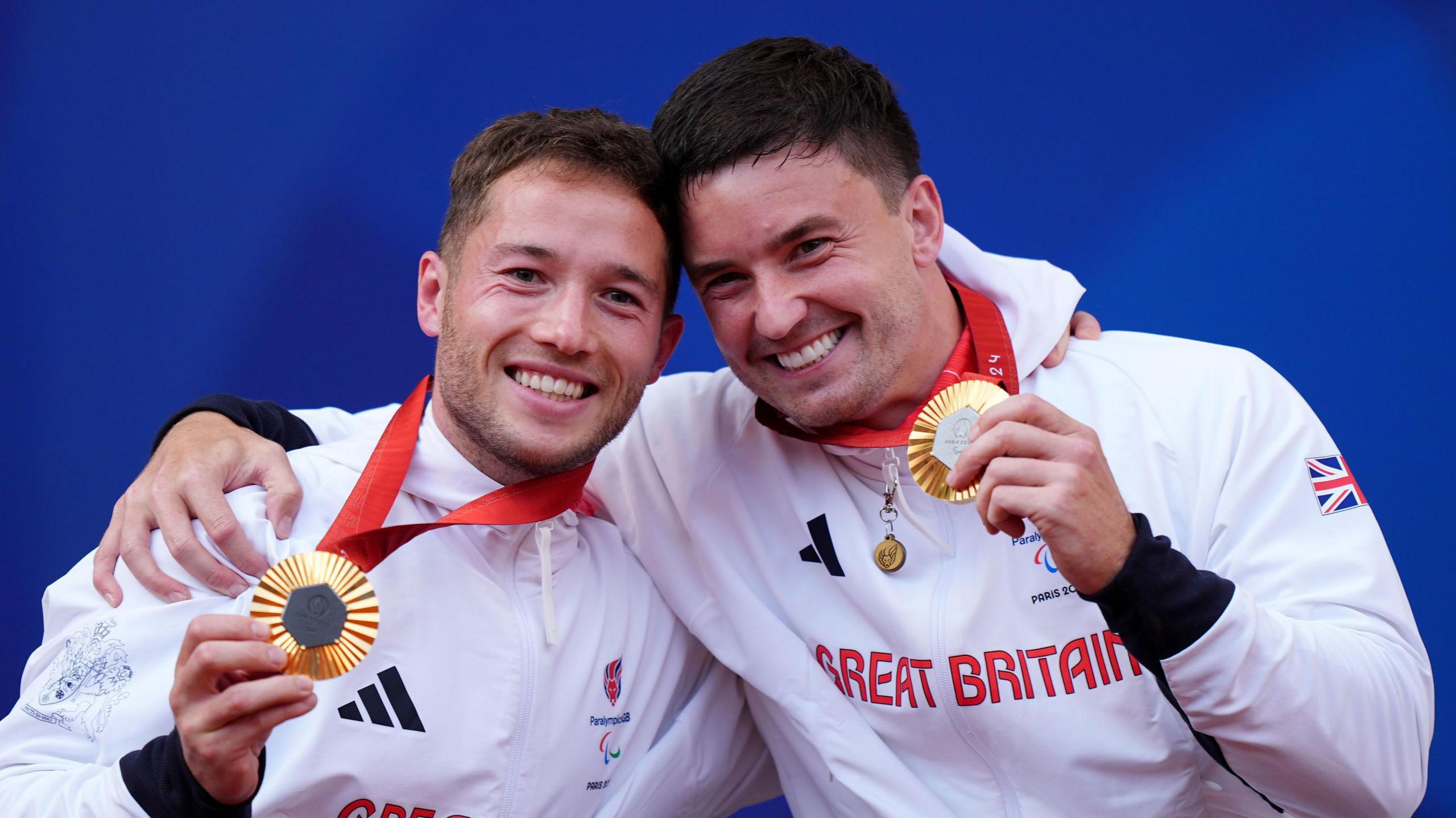Why language began a conversation at the Paralympics
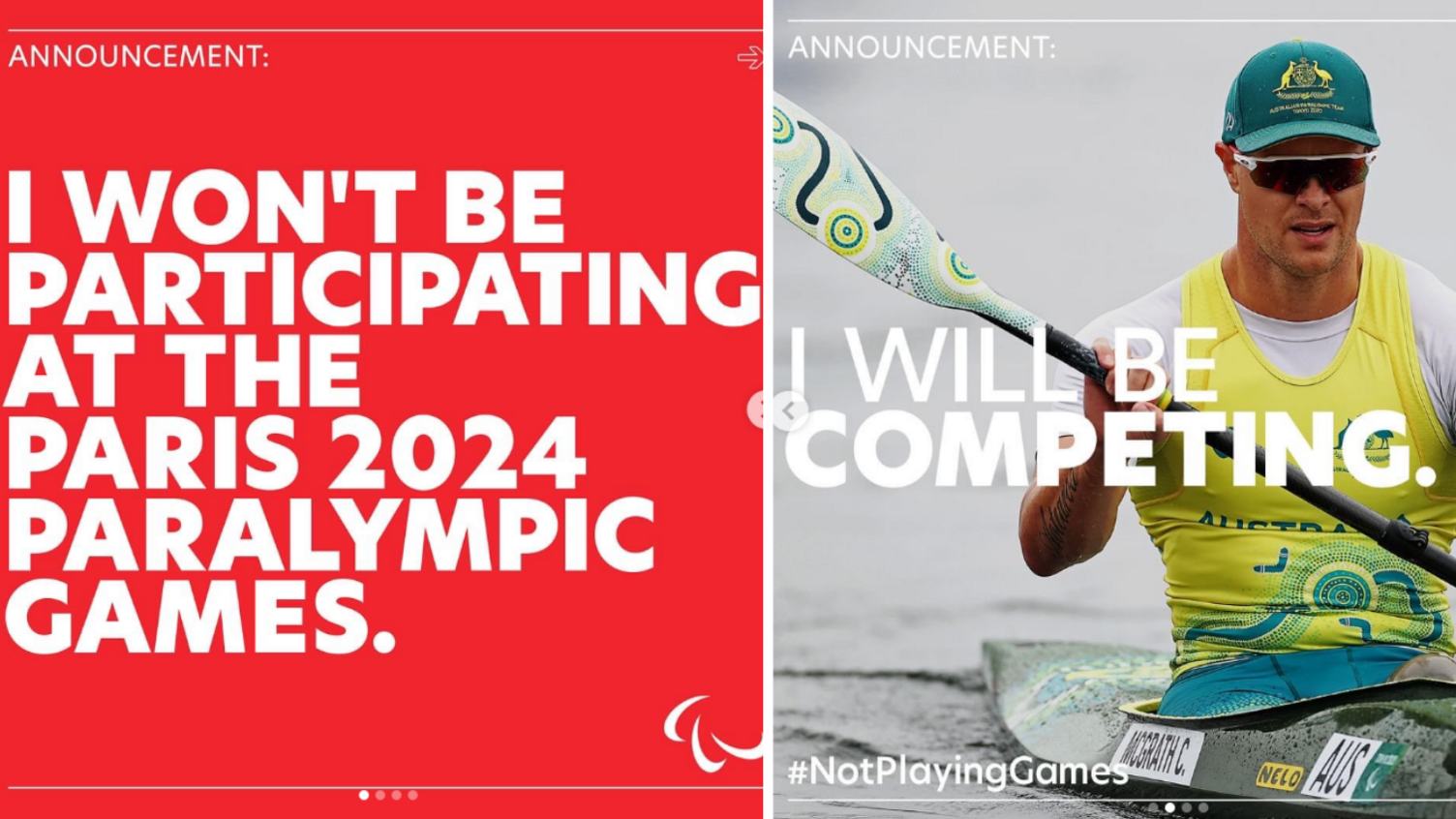
Curtis McGrath was one of a number of Para-athletes involved in a social media campaign organised by the International Paralympic Committee
- Published
When canoeist Curtis McGrath posted a message on social media last month saying that he would not be participating at the Paris 2024 Paralympics, it initially shocked the Australian public.
The 36-year-old had won three gold medals at the Games and was expected to defend his two titles from Tokyo.
But a quick swipe left on his post on Instagram revealed another picture – one saying that McGrath would be "competing" in the French capital, as opposed to "participating".
The post was all about changing the language bias used to describe disability sports and Para-athletes in comparison to their Olympics peers.
"We're trying to educate people about the right way we want to be portrayed, perceived and talked about," McGrath told the BBC World Service.
"I think in the past we've always seen the Paralympics as this little event on the end of the Olympics for the disabled people to come along.
"We are elite athletes and we come here to compete and represent our countries to the highest level within our standard within our sport."
McGrath's message was part of a campaign by the International Paralympic Committee (IPC), and the organisation's chief brand and communications officer Craig Spence said the Paris Games were the time to "set the record straight" on how society should talk about Para-athletes.
"Language plays an instrumental role in how people are perceived, especially when it comes to persons with disabilities and Paralympians," Spence added.
McGrath defended his kayak KL3 title in Paris but an illustration of the IPC's campaign came when he missed out on a bronze medal in the Va'a VL3 category by six hundredths of a second.
"It's a world-class competition out there," McGrath said.
No medals for participation
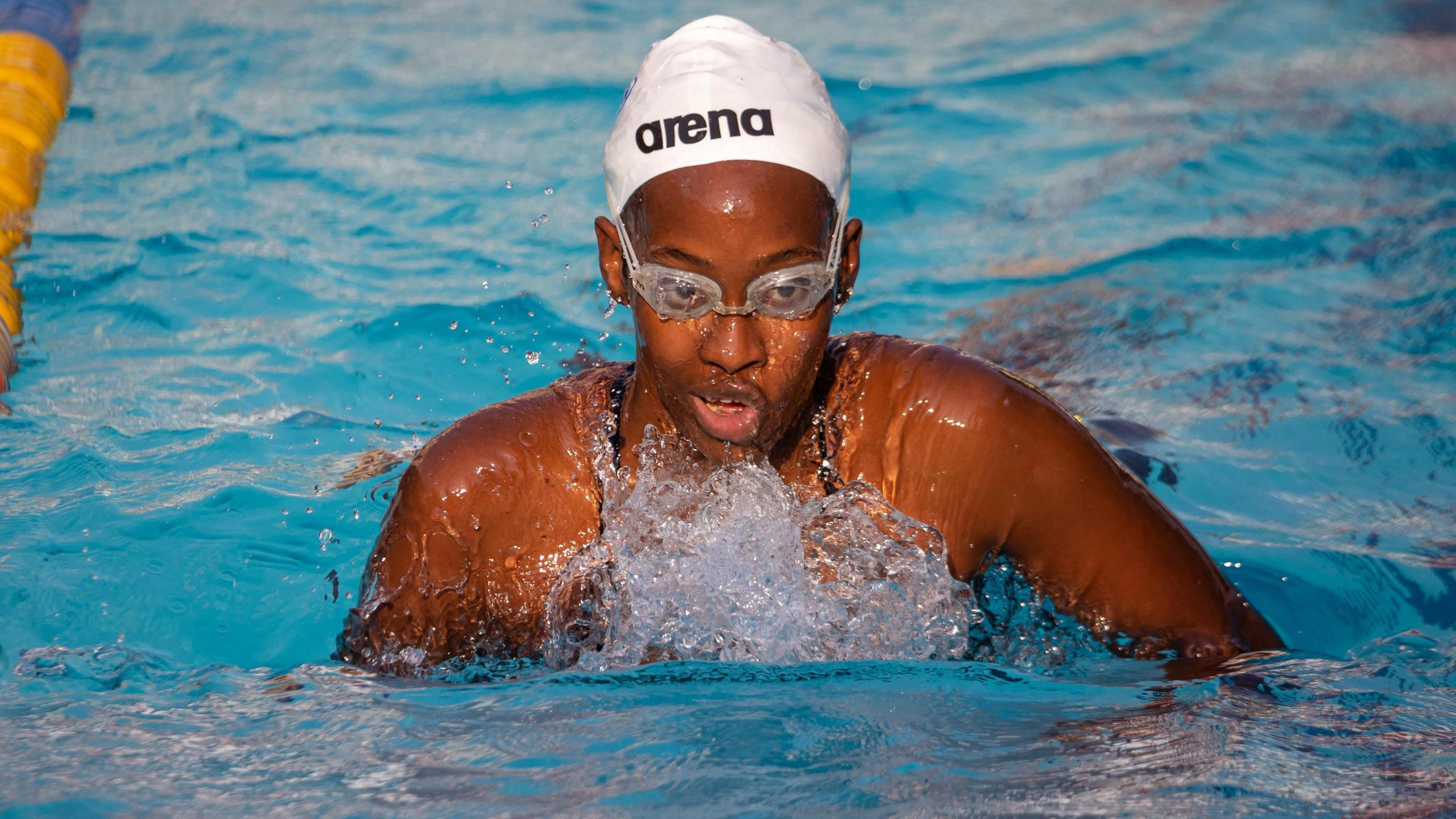
Ugandan swimmer Husnah Kukundakwe, who competed in three events in Paris, said the IPC campaign was "amazing"
Argentine wheelchair tennis player Gustavo Fernandez, Italian sprinter Amber Sabatini and 17-year-old Ugandan swimmer Husnah Kukundakwe were among those who posted the same message as McGrath on social media before the Games.
"It really did open up the minds of people," Kukundakwe told BBC Sport Africa.
"For most people, they don't see the Paralympics as the highest sporting event.
"Going in with this [campaign] shows people that it takes lots and lots of hard work for Para-athletes to get to this level and compete with the best in the world."
McGrath said he and his fellow competitors had not travelled to Paris for "participation medals".
"It needs to be understood that we're not just here to have a little paddle or have a little table tennis game," the former soldier from Gold Coast added.
"We are here to compete and beat the best in our field. It's all about making that dialogue controlled by ourselves and our own athletes as well.
"It's about education and if we can change the perspective of one or two people to change the way in which they talk about the Games and talk about disability.
"It's all about high performance and being the best and elite athletes."
The closing ceremony of Paris 2024 on Sunday night at the Stade de France threw the focus forward to Los Angeles 2028.
The hope is that the IPC's campaign ensures everyone knows they will be watching competitors – not participants – in the United States in four years' time.
Related topics
- Published8 September 2024
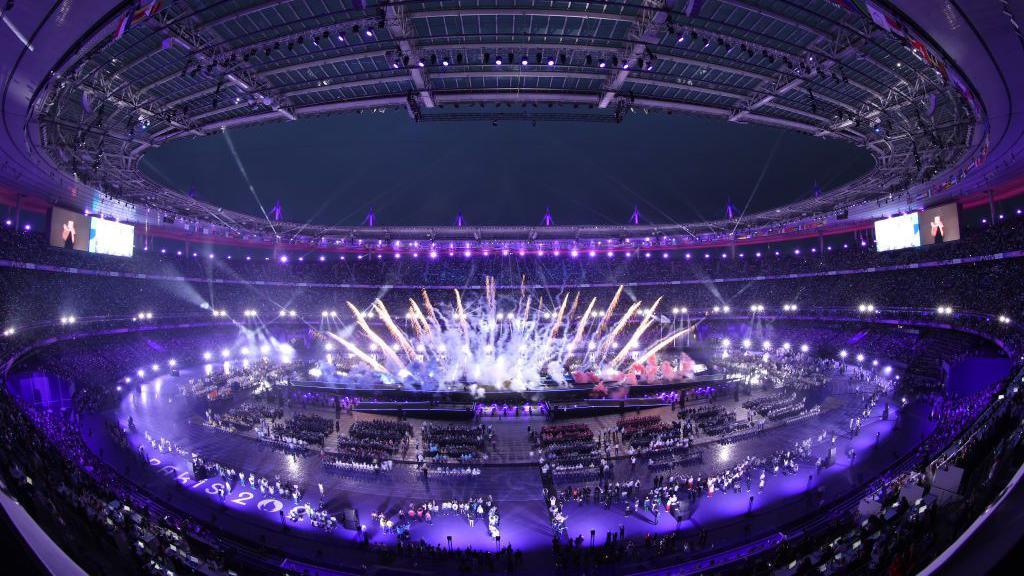
- Published8 September 2024
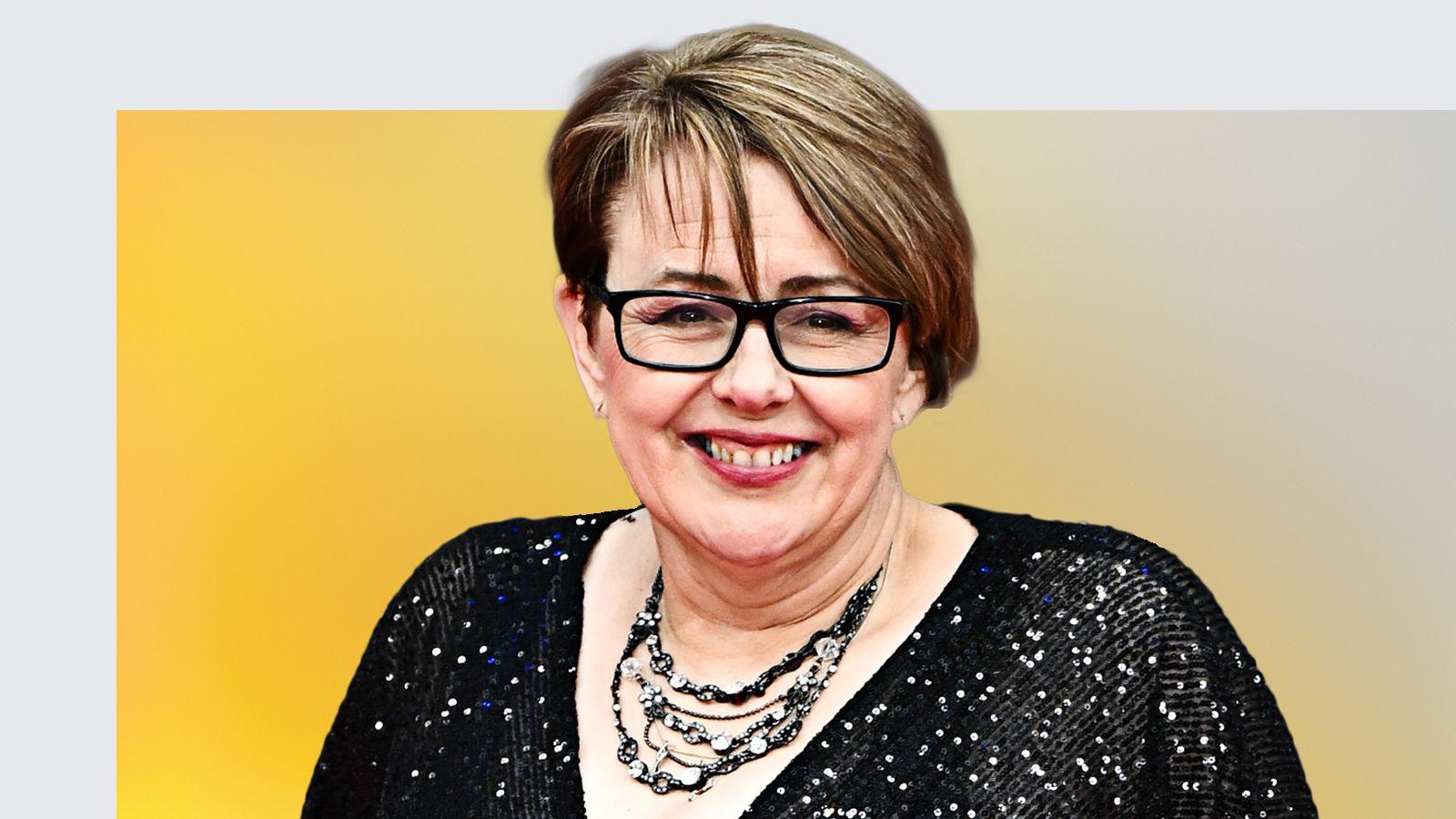
- Published8 September 2024
